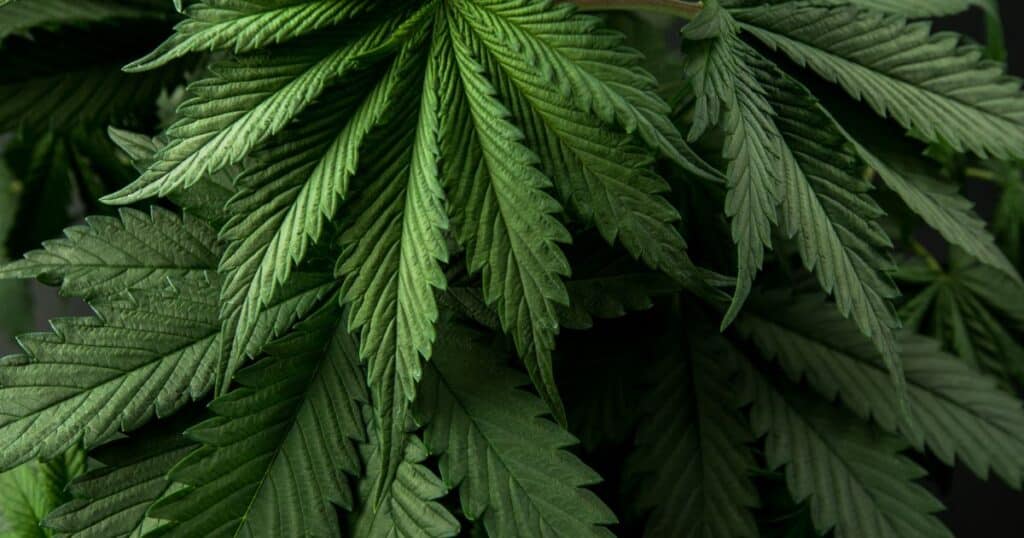Thailand has been making headlines in recent years for its progressive stance on cannabis. In 2022, the nation became the first in Asia to decriminalize marijuana, leading to a booming industry with thousands of dispensaries opening across the country. However, this may soon change under Thailand’s new prime minister, Srettha Thavisin.
In a recent interview with Bloomberg Television, Srettha announced plans to restrict the use of marijuana for medical purposes only and to “rectify” the country’s cannabis policies within a six-month period. This move marks a significant shift in the previously liberal approach towards marijuana in Thailand.
While the exact details of how these changes will be implemented are still unclear, it is evident that there is now a push towards stricter regulations on cannabis use. This decision has raised concerns among those in the industry and advocacy groups, who fear that it may have a negative impact on the progress made so far.
Cannabis Decriminalization in Thailand
In 2022, Thailand made a groundbreaking decision to decriminalize marijuana, becoming the first country in Asia to do so. This move was met with enthusiasm from both locals and tourists, leading to a boom in the cannabis industry. In just two years since decriminalization, over 6,000 dispensaries have opened across the country, offering various products such as cannabis buds, oil extracts, and edibles containing less than 0.2% THC.

Moreover, Thai farmers are now allowed to grow cannabis as long as they register with the nation’s Food and Drug Administration. This has also led to complaints from local dispensary owners about unregulated imports and decreasing prices. However, it is undeniable that the decriminalization of marijuana has had a significant impact on the industry and society as a whole.
Despite this progress, it seems that the country is now taking steps to revert back to its previous stricter stance on cannabis use.
The Promise of Changes in Cannabis Policies
During the recent interview with Bloomberg Television, Prime Minister Srettha Thavisin stated that the “legalization of marijuana for medical purposes only” is among his top priorities. He also plans to “rectify” the country’s cannabis laws within a six-month period, indicating that significant changes are on the horizon.
“The law will need to be rewritten,” Srettha said. “It needs to be rectified. We can have that regulated for medical use only,” he said, adding that there can’t be a middle ground for recreational use.
While there are no details on how these changes will be implemented, the promise of stricter regulations on cannabis use has raised concerns among industry insiders and advocacy groups. So, what are the challenges that lie ahead for the burgeoning marijuana industry in Thailand?
Challenges Ahead for Cannabis Industry
The announcement of plans to restrict cannabis use for medical purposes only has caused uncertainty among dispensary owners who have invested time and resources into their businesses. It is estimated that over 6,000 dispensaries have opened since decriminalization, and many fear that these new regulations could force them to shut down or significantly impact their operations.
Enforcing stricter regulations on medical use only may also prove challenging for the government. With a rapidly growing industry and widespread use of cannabis in Thailand, it may be difficult to monitor and control the production and distribution of medical marijuana effectively.
While the future of cannabis in Thailand may seem uncertain, there is still hope that marijuana will not be completely banned and put back on the country’s narcotics list and will continue to be available for medical purposes. Srettha said that there is a broad agreement between the 11-party coalition to revert back to medical use only.
Creating an Underground Market Again?
It is evident that cannabis has become deeply ingrained in Thailand’s society since its decriminalization. With thousands of dispensaries already operating, there is a high possibility that people will turn to the underground market for recreational cannabis if it is no longer available through legal channels. This could lead to a rise in crime rates and pose challenges for law enforcement.
Moreover, attempting to eradicate the widespread use and availability of cannabis products may prove challenging as it has already become a part of daily life for many in Thailand. The new policy may face resistance and prove to be tougher to enforce than initially anticipated.

Overall, the recent announcement by Thai Prime Minister Srettha Thavisin to revert back to only allowing medical use of cannabis marks a significant shift in the country’s cannabis policies. Just last year, Thailand made history by becoming the first Southeast Asian country to decriminalize marijuana for both medical and recreational purposes. However, with the change in leadership, it seems that the country is taking a complete u-turn on its stance towards cannabis use.
While the impact of these changes is yet to be seen, it is clear that there are challenges ahead for both the government and the thriving cannabis industry in Thailand. The promise of stricter regulations raises concerns about the fate of thousands of dispensaries and how effectively these new policies can be enforced.
Furthermore, how Thailand‘s new leadership will navigate these challenges and strike a balance between medical benefits and potential risks of reverting back from recreational use remains to be seen. One thing is for sure, the future of cannabis in Thailand is uncertain but undoubtedly will continue to be a topic of discussion.
Enjoyed that first hit? Come chill with us every week at the Friday Sesh for a freshly packed bowl of the week’s best cannabis news!

















